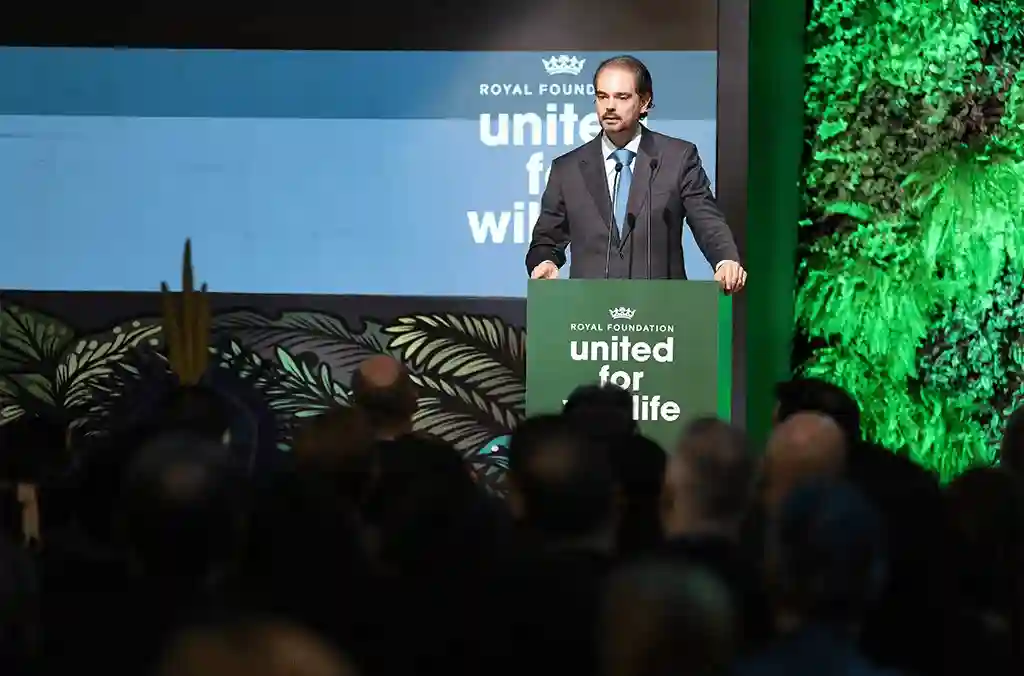Rio de Janeiro, Brazil, November 6, 2025: In a major boost to global environmental enforcement, INTERPOL, the United Nations Office on Drugs and Crime (UNODC), and the Government of Norway have announced Phase III of the Law Enforcement Assistance Programme to Reduce Tropical Deforestation (LEAP) — a global initiative to combat illegal logging and related transnational crimes.
The announcement was made on the sidelines of the United for Wildlife Global Summit in Rio de Janeiro. The programme, funded by the Norwegian International Climate and Forest Initiative (NICFI), aims to disrupt organized crime networks involved in illegal deforestation, timber trafficking, and associated financial crimes.
Since its inception in 2018, LEAP has evolved from a regional enforcement project into a global cooperation framework connecting police, customs, environmental authorities, and prosecutors across multiple continents.
Key phases of LEAP:
* Phase I (2018–2022): Identified trafficking routes and built inter-agency cooperation.
* Phase II (2023–2025): Strengthened cross-border coordination and executed targeted operations against organized criminal networks.
Building on these successes, Phase III will focus on Brazil, Ecuador, Indonesia, Papua New Guinea, and Peru, addressing both illegal logging and illegal mining, particularly in the Amazon Basin.
INTERPOL Secretary General Valdecy Urquiza emphasized:
“Criminals are making billions by looting the planet’s forests. The only way to stop them is through determined law enforcement action and strong cooperation worldwide.”
UNODC Executive Director Ghada Waly stated:
“Illegal deforestation threatens biodiversity and finances organized crime. Our joint response must uphold justice and hold offenders accountable.”
Norwegian Climate Minister Andreas Bjelland-Eriksen added:
“Forest crime undermines efforts to protect both ecosystems and people. We are proud to strengthen our collaboration with INTERPOL and UNODC to combat this global threat.”
Phase III will enhance intelligence sharing, regional coordination, and investigative capacity while fostering collaboration with civil society and the private sector to build a unified front against forest crime.










